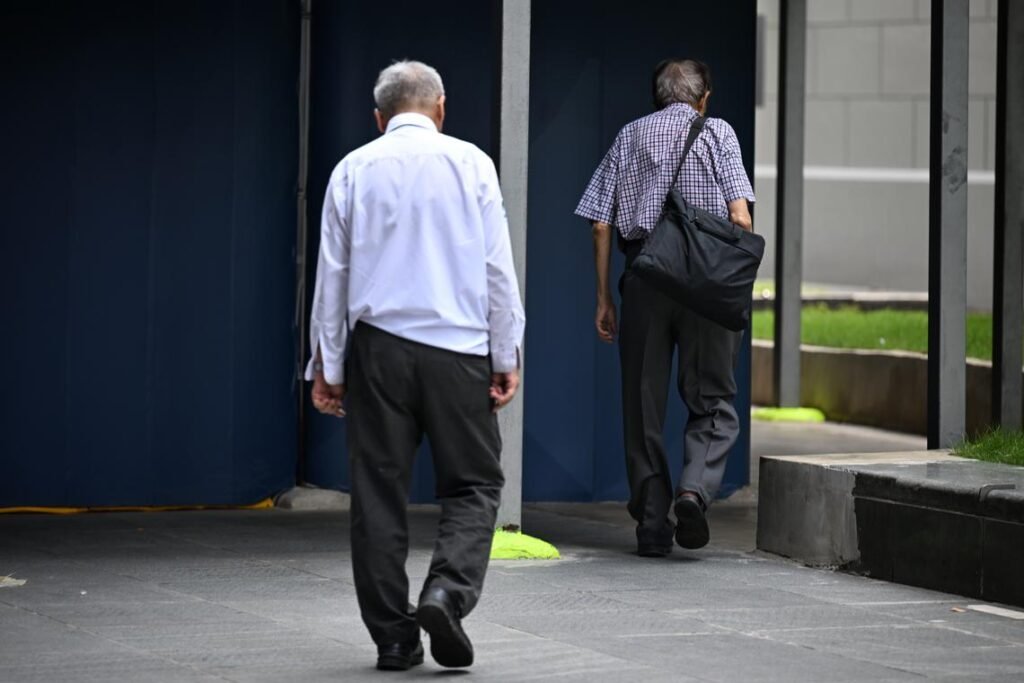SINGAPORE – More older folk are staying in the workforce after Singapore raised the retirement age and re-employment age in 2022, noted a new study.
It found that after the minimum retirement age rose from 62 to 63 from July 1, 2022, the employment rate for those affected went up by 0.4 percentage points over seniors not covered by the policy change.
Similarly, the increase in the re-employment age from 67 to 68 also raised the employment rate for affected seniors by 0.7 percentage points, according to the study by Manpower Ministry senior economist Yuen Wing Shan and lead economist Samuel Huang.
The study tracked the employment outcomes of about 180,000 residents born between 1959 and 1961 to assess the impact of raising retirement age.
The effects of raising re-employment age were examined by tracking around 160,000 residents born between 1954 and 1956.
Currently, resident senior workers who join their companies before turning 55 can keep their jobs until they meet the minimum retirement age of 63.
They must also be offered the option to stay employed until the re-employment age of 68, provided their work performance is satisfactory and they are medically fit to keep working.
The study found that the hikes in 2022 work because they “provide legislative protection and set the social norms of retirement for senior workers”.
Specifically, raising the re-employment age could shift expectations among seniors and their employers as they adjust their idea of when retirement should happen.
“Given Singapore’s increasing life expectancy and ageing population, the retirement age and re-employment age protect senior workers and enable them to work longer if they wish to,” noted the study.
“This in turn allows employers to meet their manpower needs in a tight labour market.”
The study also said that raising the retirement age has benefited seniors working in knowledge-intensive roles in sectors such as manufacturing and wholesale trade, where employers might otherwise prefer younger staff with more updated skills.
The policy also helped delay the retirement of seniors living in bigger flats and private housing, possibly because they valued being able to keep their full salaries and benefits for one more year.
However, the study found that the retirement age for this cohort did not extend much beyond 63, suggesting that the policy helped delay, but would not stop seniors from leaving the workforce.
The trend holds true for the re-employment age, suggesting that seniors were prepared to retire after hitting 68.
The Retirement and Re-employment Act, enacted in 2012, has been revised several times to bring Singapore closer to its eventual goal of raising the retirement age to 65 and re-employment age to 70 by 2030.

